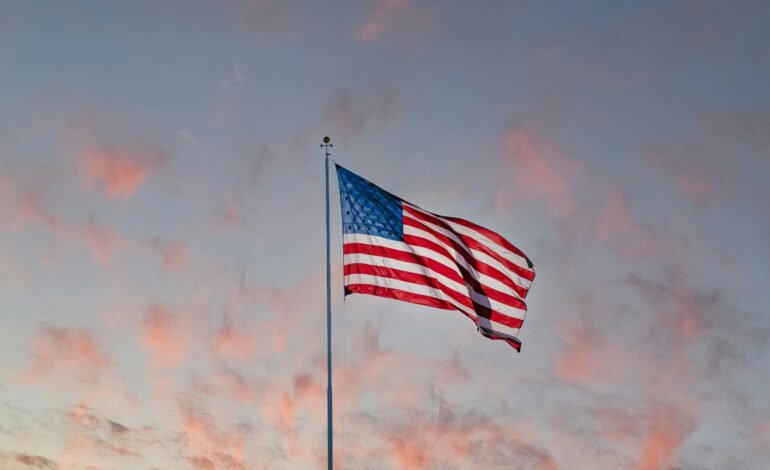Trump orders prosecution of those who burn the U.S. flag.
President Donald Trump signed an executive order on Monday directing the Department of Justice to investigate and prosecute individuals who burn or desecrate the American flag.

President Donald Trump signed an executive order on Monday directing the Department of Justice to investigate and prosecute individuals who burn or desecrate the American flag as a form of protest, a practice the Supreme Court has ruled is protected by the First Amendment.
During the signing ceremony, Trump stated that "burning a flag merits a year in jail, no early release, no exceptions," although the official text does not explicitly establish that penalty.
Arguments and scope of the decree
The document directs Attorney General Pam Bondi to prioritize the application of content-neutral criminal or civil laws when flag burning occurs in conjunction with offenses such as inciting a riot, destruction of property, or hate crimes.
Additionally, it instructs the heads of Justice, National Security, and State to revoke visas and residency permits or initiate deportation proceedings against foreign citizens who participate in these acts.
At the same time, it establishes that cases that violate state or local laws—such as burning restrictions or property damage—can be referred to the appropriate authorities.
The clash with the Supreme Court and freedom of expression
Since the historic ruling in Texas v. Johnson (1989), the U.S. Supreme Court has held that flag burning as political speech is protected by the First Amendment. The executive order seeks to challenge that precedent, arguing that not all flag burning would be protected if it incites violence or depicts “fighting words” — categories recognized as constitutional exceptions.
Legal experts warn that this initiative could lead to a legal battle, as it seeks to reinterpret the limits of protected speech.
Criticisms and reactions
Civil rights and freedom of expression organizations have expressed their opposition, stating that the measure violates fundamental rights.
Even conservative sectors have questioned the decree. Figures such as Erick Erickson and Jesse Kelly described the initiative as an overreach of executive power.
An exemplary case: arrest in front of the White House
A few hours after the signing, a man was arrested in Lafayette Square after burning a flag in front of the White House. Authorities indicated that the arrest was based on regulations prohibiting fires in federal parks, not the executive order itself. The detainee identified himself as a veteran in a video shared on social media and justified the action as a protest against the government, which he called "fascist."
The executive order signed by Trump deepens the debate over the balance between respect for national symbols and protection of the right to peaceful protest. Its implementation will undoubtedly generate legal and political controversies in the coming months, especially before a more conservative-leaning Supreme Court, which could reconsider part of the current jurisprudential framework.
For more stories like this, follow More Latin.
Sources:
